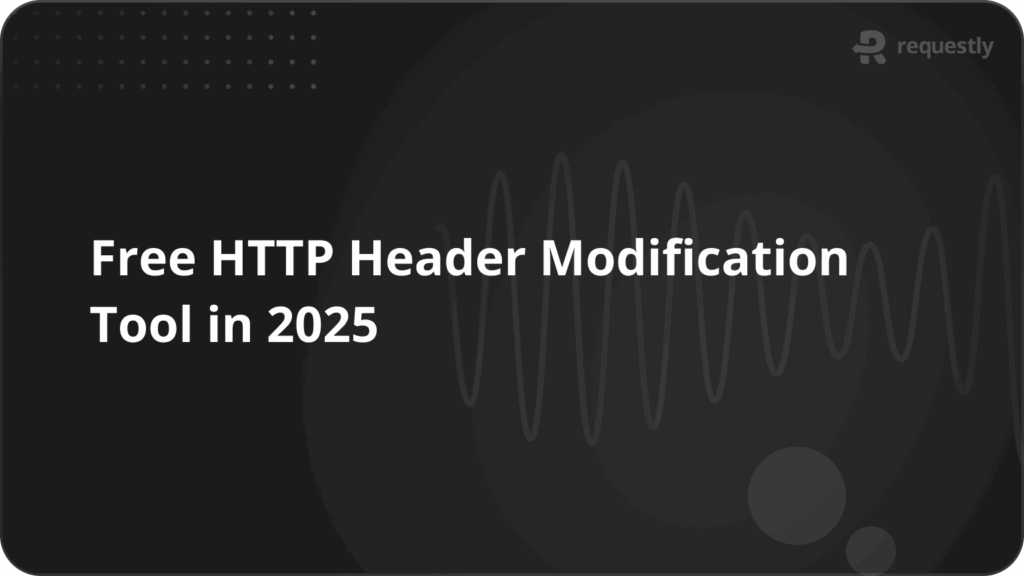Best tools for AI developers in 2025
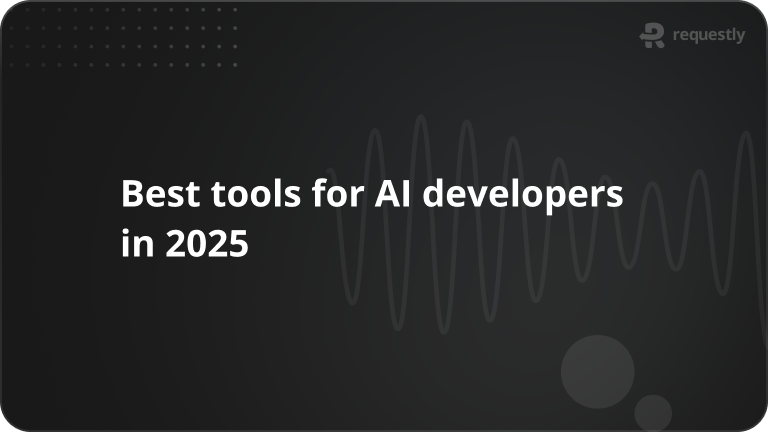
AI development in 2025 is more exciting than ever, with a growing ecosystem of tools designed to streamline everything from model building and deployment to testing and debugging APIs. Whether you’re deploying models locally, managing datasets, or testing API responses, the right tools can make a significant difference in your workflow.
In this guide, we’ll explore essential tools for AI developers to code, deploy, and optimize AI models efficiently.

Olaama
Olaama is a powerful tool for running AI models locally without needing a cloud-based solution. It enables developers to deploy models directly on their hardware, ensuring data privacy and reducing latency. With Olaama, you can test models in real-world scenarios without the costs and complexities of cloud infrastructure.

- Supports various AI frameworks like TensorFlow and PyTorch.
- Offline model training and inference.
- Privacy-focused with local data processing
Olaama’s ability to handle AI tasks locally makes it a go-to for developers concerned with data privacy and offline capabilities. Its straightforward setup and compatibility with multiple AI frameworks provide flexibility that cloud-based alternatives often lack.

Jupyter Notebook
Jupyter Notebook is indispensable for AI developers, offering an interactive environment to write and execute Python code for data analysis, model training, and visualization. Its support for numerous libraries, such as NumPy and TensorFlow, makes it a comprehensive tool for end-to-end AI development.
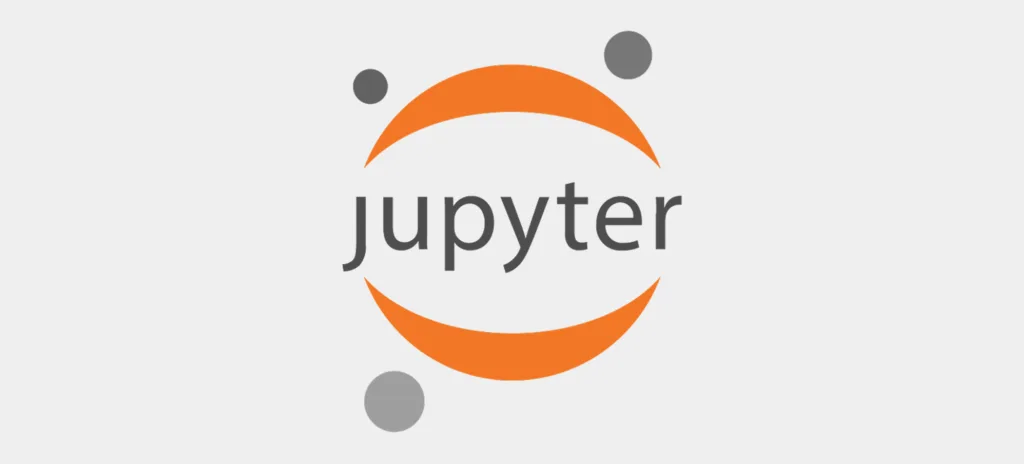
- Live code execution and visualization.
- Integration with data science libraries.
- Export options for reports and presentations.

Hugging Face
Hugging Face is the go-to platform for NLP tasks with its Transformers library, providing pre-trained models for text classification, sentiment analysis, and translation. Its community-driven hub offers countless resources for developers to build and fine-tune NLP models effortlessly.

- Pre-trained models for various NLP tasks.
- Integration with PyTorch and TensorFlow.
- Model sharing and community support.

Weights & Biases
Weights & Biases is a leading tool for tracking experiments, visualizing metrics, and collaborating on AI projects. Its seamless integration with popular AI frameworks helps developers monitor model performance, compare results, and manage datasets effectively.
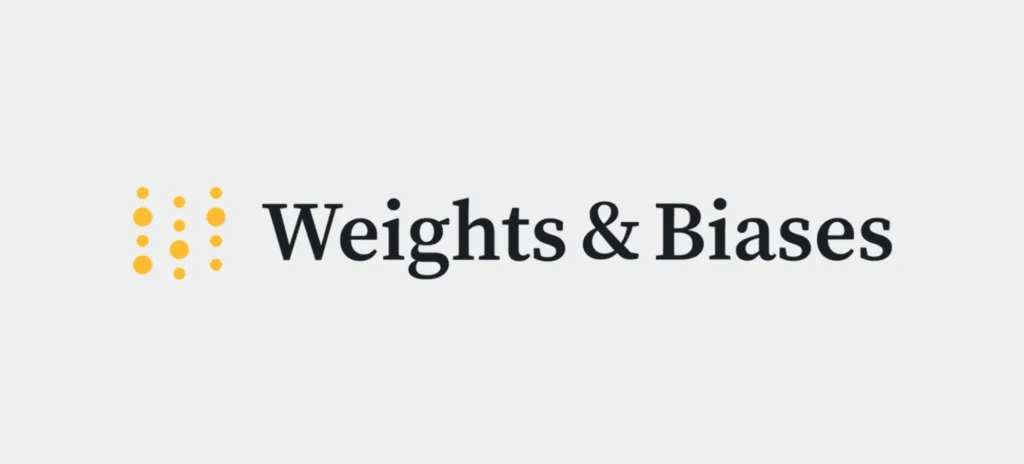
- Live dashboards for metrics and logs.
- Integration with TensorFlow, PyTorch, and Keras.
- Collaboration tools for team-based projects.

Docker
Docker has become essential for AI developers to package applications and dependencies consistently. Its containerization technology ensures that AI models can run seamlessly across different environments, reducing deployment complexities.
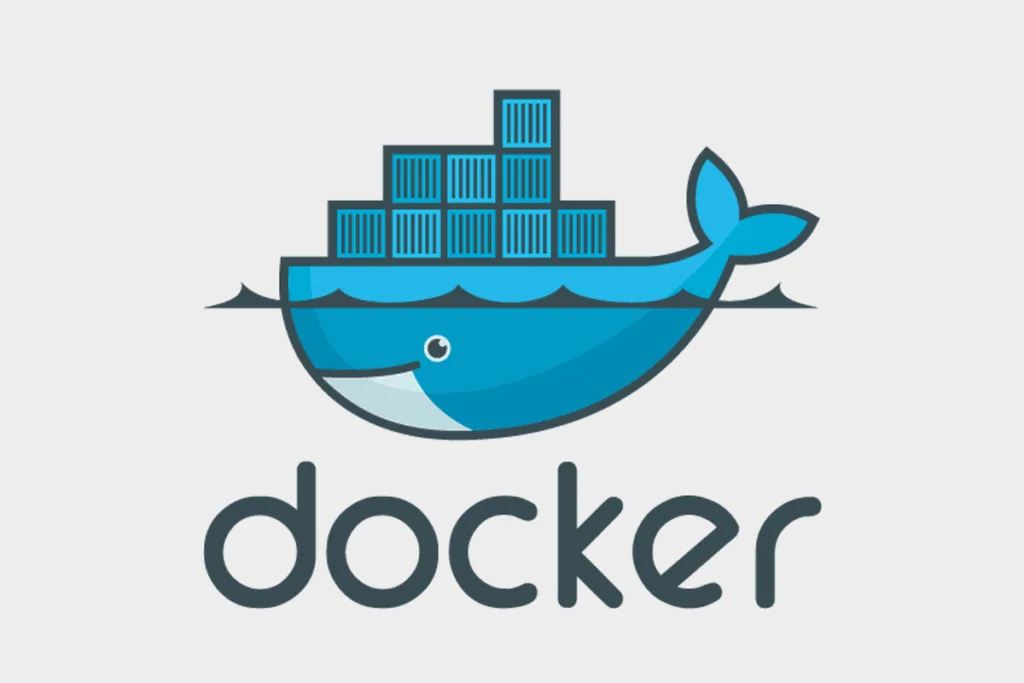
- Lightweight containers for AI models.
- Integration with CI/CD pipelines.
- Security features for isolated environments.

Pinecone
Pinecone offers a managed vector database solution optimized for handling high-dimensional data, which is critical for AI applications like recommendation systems and semantic search. Its real-time indexing and querying capabilities simplify the process of working with vector embeddings.

- Fast vector searches with low latency.
- Scalable and managed infrastructure.
- Integration with AI models for semantic search.
Requestly
Requestly is a open-source API testing and debugging tool that combines the robust features of API testing with powerful network request modification. Designed with a user-friendly interface, it allows developers to design, test, and manage APIs while intercepting and modifying network requests on the fly. With capabilities that streamline testing workflows and enhance collaboration

- Intercepts and modifies network requests
- Detailed request and response logging
- Collaboration and sharing capabilities
- Response mocking for API testing
Requestly bridges the gap between API clients like Postman and Insomnia and proxy tools like Charles Proxy by offering a unified platform. Its intuitive UI, real-time request modification, and seamless browser extension make it the go-to choice for both API testing and network debugging. Unlike traditional API clients, Requestly enables live interception and modification of network traffic, which is typically reserved for proxy tools.

Keras
Keras remains a favorite for building deep learning models quickly. Its user-friendly API, combined with TensorFlow as a backend, allows developers to prototype and deploy neural networks with minimal code.
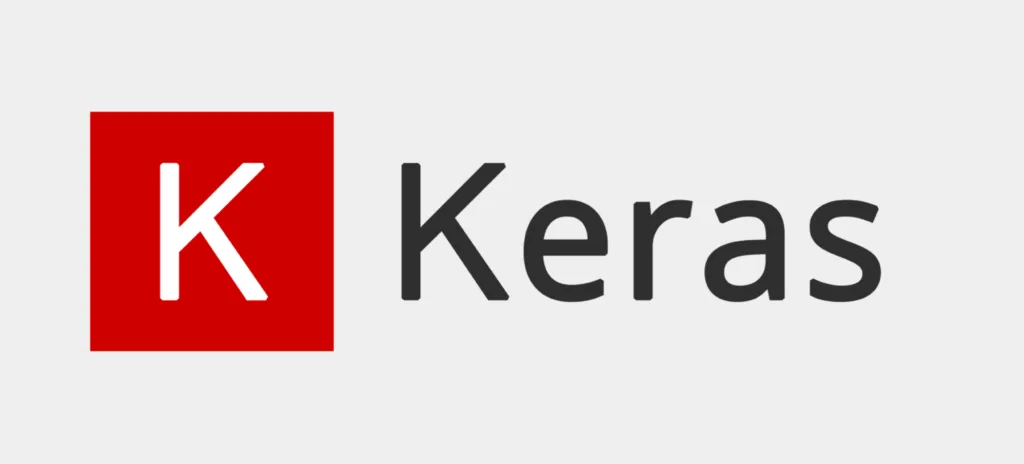
- Intuitive API for building neural networks.
- Compatibility with TensorFlow, CNTK, and Theano.
- Pre-trained models and transfer learning capabilities.
Keras’s high-level API makes it more accessible for rapid prototyping, especially for developers less familiar with low-level coding.
Contents
Subscribe for latest updates
Share this article
Related posts

